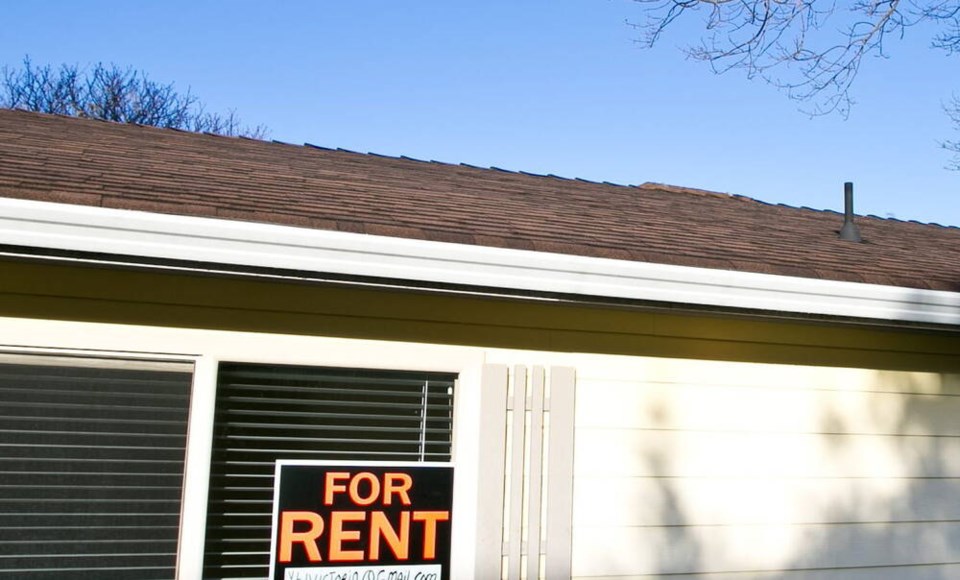A commentary by a Victoria resident.
The Together Against Poverty Society’s proposal for a cap on rent increases between tenants outlines the most significant thing the province could do to instantly pull in the reins on out-of-control rents and disruption to longer-term tenants.
I have lived in a private rental apartment in Victoria for more than 15 years. My rent has gone up each year by the amount permitted by the province.
Over that time, my rent has risen faster than general inflation and much faster than my income, but I am still able to afford the rent and meet all my expenses. I am a senior citizen living on pensions and the Guaranteed Income Supplement, which is available to people with incomes under $20,832.
It’s a lovely apartment at a rent much lower than the market in Victoria, but I can’t afford to move anywhere else in Victoria if I was required or chose to leave.
My carpets are much older than the 15 years I’ve been walking on them, water damage has caused mould in the bathroom ceiling and the kitchen counters are buckling with moisture, and I understand that the odour they give off includes formaldehyde.
My doctor has confirmed that I am allergic to dust and mould, and prescribed antihistamines for my reactions to the condition of my home. But I don’t feel like I have any negotiating power with my landlord to alleviate these problems.
Apartments identical to mine in the building are renting for many hundred dollars more than my current rent. My belongings need to be moved and I need to be temporarily re-housed for the necessary repairs and replacements, and my landlord has not offered to accommodate those needs.
I can’t afford a move to a different apartment in the building, because, without rent controls, the rent on a different apartment would be higher than my current income.
The policy of allowing rent increases on vacant apartments traps me and many others in housing that is unsuitable and puts us in the precarious position of being a financial burden to our landlords, who would get more money if we would just move out.
People like me are spending many years on B.C. Housing wait lists, and there are far too many of us in need of affordable rental housing for new non-profit housing developments to accommodate.
By continuing to allow the removal of rent controls when rental housing is vacant, the province undermines its own efforts, as well as those of other levels of government, to increase the supply of new affordable rental housing to try to address homelessness and affordability issues.
Providing public funds to increase the affordable rental supply while losing the affordability of the existing private rental stock is much like trying to fill a bathtub without putting in the plug.
Premier David Eby and our MLAs have been silent about this problem with rent controls amidst all the fanfare for their new housing plans.
We tenants need to let the public and the politicians know that we need to hold on to the affordability of existing rental housing and protect the security of long-term tenants now. We need to call our politicians to account.



